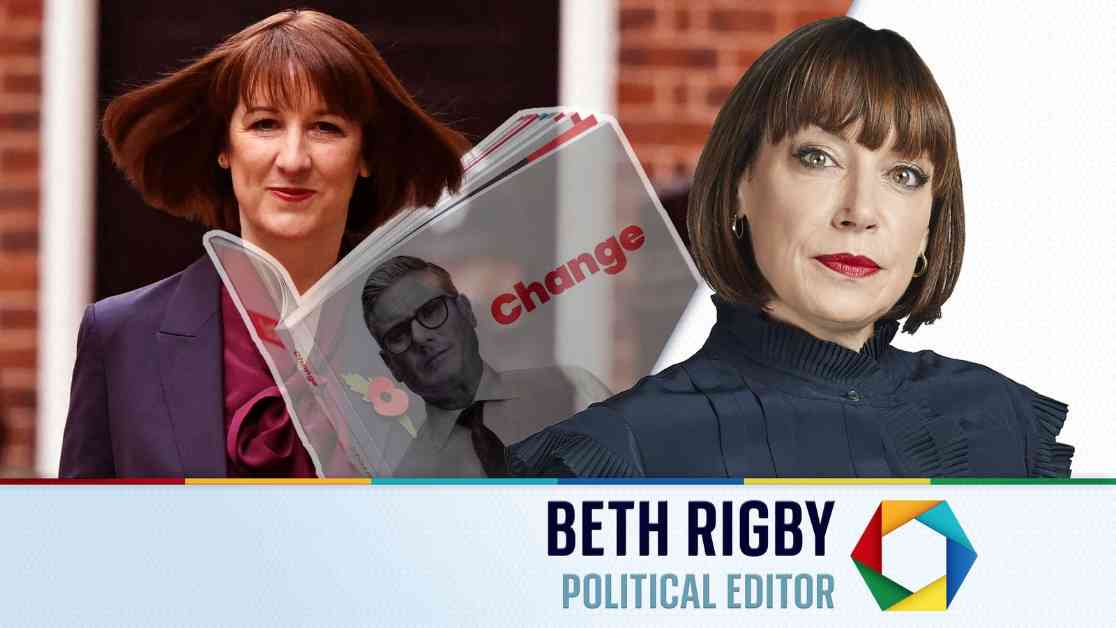One hundred and eighteen days into the Labour government, and finally, we get to see what the slogan on the front of the manifesto – Change – really means. The tax and spending plans outlined today by Chancellor Rachel Reeves in the first Labour budget are as hefty and historic as the Labour manifesto was vague.
In the manifesto, there are just a handful of pages of costings and a commitment to £8bn of tax rises to fund spending commitments for more NHS appointments and more teachers. However, there was nothing in those plans that signaled the £40bn of tax rises by the end of this parliament or the £76bn in increased spending. This is the biggest tax-raising budget since 1993, with seismic spending and borrowing to invest. It is quite simply massive.
The Labour government, which was painfully cautious when trying to win the election, is now brazenly bold, having won a majority. The question arises – do they really have a mandate for the tens of billions in new tax and spend commitments? The argument made repeatedly by the chancellor is that these choices were made after Labour looked under the bonnet of the public finances.
Rachel Reeves stated, “When I became chancellor in July, officials at the Treasury presented me with information that the previous government were overspending to the tune of £22bn more than they had planned.” She justified the need to raise taxes in this budget to put the public finances on a sound trajectory. However, it is a stretch to blame it all on the Tories.
The budget announced an extra £25bn spending boost for the NHS over the next two years, which is a significant increase. This budget is considered a traditional left-wing Labour budget with a massive tax and spend envelope. It has been compared to Corbyn’s manifestos of 2017 and 2019, which proposed substantial tax rises.
Despite the public rejection of Corbyn’s manifestos, Rachel Reeves rejected any similarity and stated that this budget is not a watered-down version of Corbyn’s tax take. The budget will define the Starmer administration in this parliament and the shape of the country beyond. The gamble is that by protecting the pay packets of working people and front-loading massive spending plans, funded by the wealthy and businesses, Labour can say it has helped its core voters and improved Britain. It’s a significant gamble with no certainty it will pay off, but at least they have finally thrown the dice.
The budget is a defining moment for this government and will test whether voters will go along with Labour’s “unprecedented” plan to rebuild Britain or feel misled. The choices made in this budget will shape the future of the country and the perception of the Labour government moving forward.













